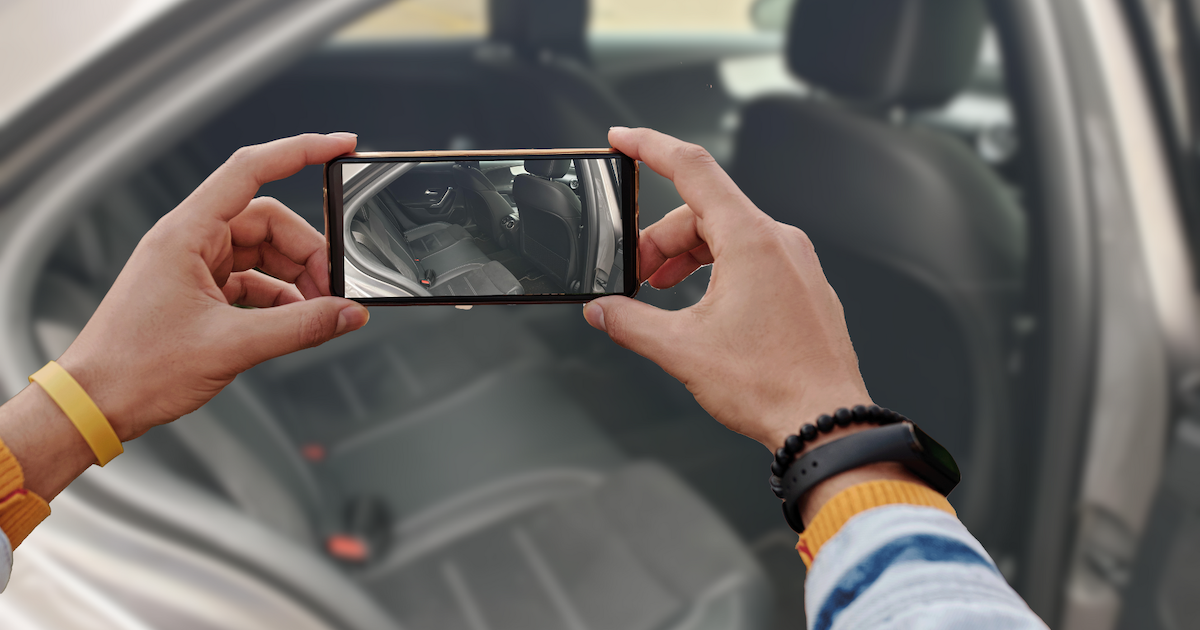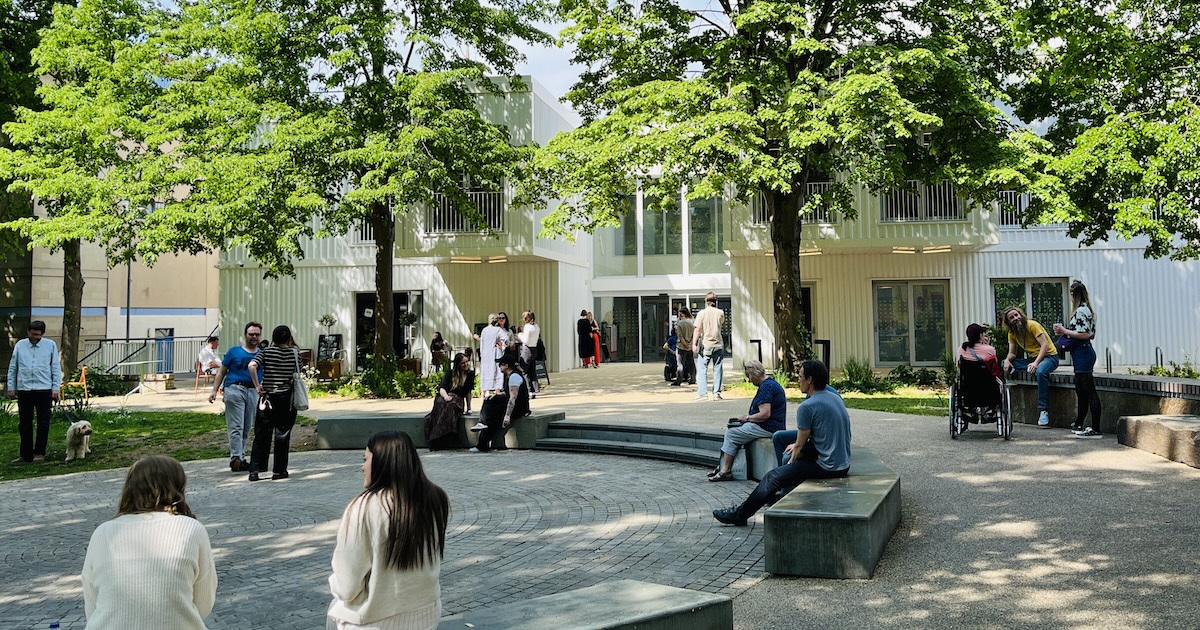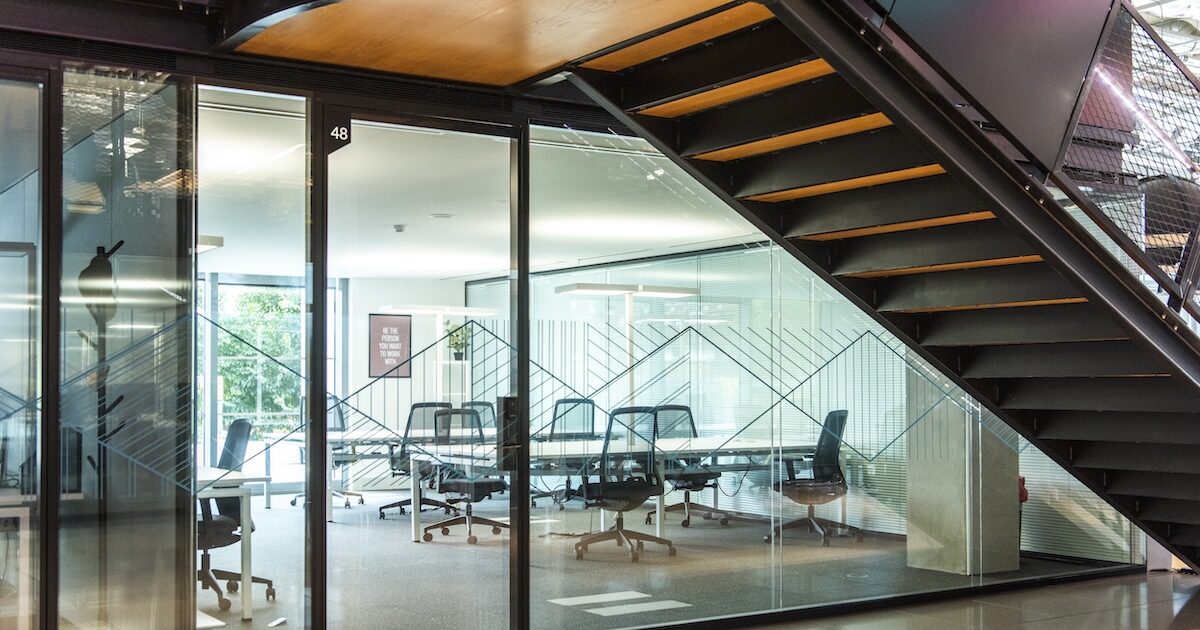In July, we officially started the engine on our Product Builder Programme, which is powered by Barclays Eagle Labs, funded by the UK government and delivered by Plexal.
Designed to fit around the busy lives of budding entrepreneurs, teaching them how to develop, test, validate and evolve a digital product, we welcomed a cohort of 100 idea-rich individuals and provided tailored guidance to help them level up over the course of three months.
From that 100, we welcomed just ten to the next stage of the programme, a Bootcamp across two days in Plexal Stratford, which enabled our founders to get up close with investors including Matt Jonns, Founder + Lightning, Mario Rojas at Octopus Ventures and Sarah Barber and Richard Trevor from Jenson Funding Partners to pitch their ideas and gain valuable, yet critical feedback on their product development to date.
With applications open for our second Product Builder Programme now, get to know one of our recent product builders below to understand their journey and how participation could help you.
A Design Engineering graduate, Hannah Knight specialised in human-centric development and user-friendly solutions during her time at Imperial College London, covering mechanics, electronics, computing and robotics throughout her studies – eventually tapping into car sharing.
“My master’s thesis was particularly exciting, as it delved into artificial intelligence (AI) algorithms to detect internal damage in shared cars,” Hannah details energetically. “I developed a prototype AI system that could detect issues like foreign objects, mess or pet hair in cars using smartphone images.”
Following graduation, Hannah began the journey into entrepreneurship, evolving her project to a product for commercial use, which is now known as Damage Detector. Shedding more light on the current market, she explains: “The car sharing industry is growing rapidly but faces a significant challenge: ensuring the cleanliness and condition of shared vehicles. Users often encounter dirty or damaged cars, which can lead to disputes and inconvenience by potentially being unfairly charged for it.”
The process of companies inspecting their vehicles after customer usage is typically done manually through user-submitted photos, which is clearly a time-intensive task. Aiming to accelerate this in a fashion the Fast and Furious franchise would be proud of, Damage Detector automates the process with AI algorithms that analyse users’ photos to determine the cleanliness of the vehicle and whether there’s any damage. “This not only saves car sharing companies time and resources but also provides users with immediate reports on the condition of the vehicle they’ve used,” Hannah says.
Although Hannah is a solo founder, she’s leant on her academic network as necessary but is committed to continually iterating the product to be as accurate as can be. She concedes wearing the many hats of an entrepreneur, factoring in branding, messaging, customer engagement and beyond is a learning process, given her primary passion lies with technology.
Having started the car sharing project in October last year, the AI build began in February and ran through to June, lining up nicely with the mid-summer beginning of the Product Builder Programme. But what led Hannah to apply? It wasn’t through social media, newsletters or traditional marketing methods that Hannah became familiar with the programme, no, it was her dad.
“My father was involved in a programme at Plexal and he mentioned my project during one of your events. The team recommended the Product Builder Programme as a great opportunity for a first-time founder looking to spin out a project. It seemed like the perfect way to gain valuable insights into entrepreneurship and accelerate my journey.”
On the topic of her personal highlights, Hannah points to the various sessions, including the Monday talks, which she’s found both informative and inspiring. “Additionally, I had the opportunity to meet with Plexal’s Bruno Sussat ,which was incredibly beneficial. His insights and ideas were invaluable for brainstorming and refining my project.”
With a business partnership already under her (seat)belt, Hannah declares: “Moving to electric cars isn’t enough – there’s still going to be a lot of waste materials, space and congestion [to contend with]. The future is shared cars.”


